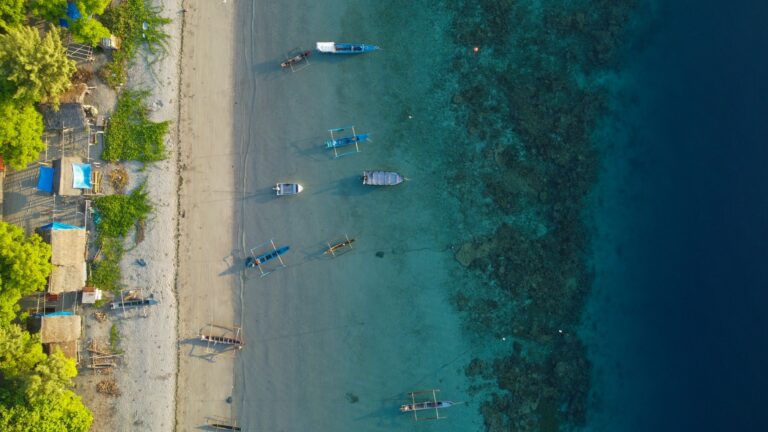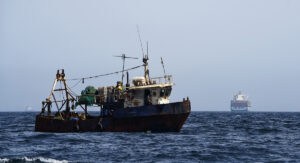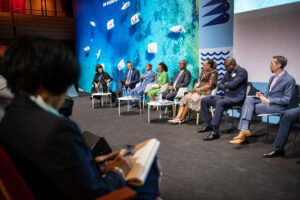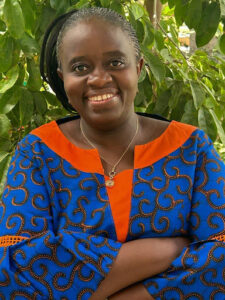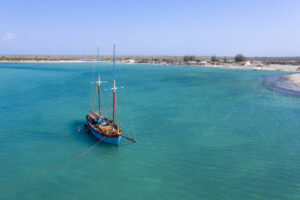Blue Ventures Timor-Leste presented results of an innovative seagrass ecosystem service assessment conducted in Hera, as part of the Seagrass Ecosystem Services Project. Over 100 people attended the two day workshop, including fishers and gleaners, local leaders, NGOs and representatives from the national government.
- The first-of-its-kind assessment focused on using participatory methods to deepen our understanding of seagrass ecosystems and the benefits they provide to coastal communities
- New technology and data will inform policy and decision-making on the protection and management of seagrass meadows at local, national and regional level
- Attendees declared their collective interest to develop the first locally managed marine area (LMMA) in Hera.
A new, collaborative approach brought together small-scale fishers and gleaners from Hera, local NGO Konservasaun Flora no Fauna (KFF) and technical partners Seagrass-Watch and Project Seagrass to map the extent and health of Hera’s seagrass meadows using a combination of remote sensing, field validation and machine learning. This was followed by Baited Remote Underwater Video (BRUV) surveys to evaluate the meadows’ fish assemblages, and household surveys to comprehend the social and economic significance of seagrass ecosystem services and Hera’s small-scale fisheries.
“These datasets are important to understand the seagrass ecosystem and how our artisanal fishers can benefit from protecting it. This event is the first of its kind where we, the community themselves, can validate the data. So it is crucial for them to understand it as well,” said Acacio Lopes Ribeiro, the representative of the Fisheries and Aquaculture Territory of Dili Municipality, who opened and closed the event.
The event also featured a new short film on seagrass in Hera, inspired by community gleaners who had recently undergone participatory video training and wished to share their story.
“This is the type of data that fishers need in order to change our behaviour. The workshop has opened our eyes to the severity of the situation, especially the loss of seagrass in our fishing spots. We need to manage our fishing activities in the seagrass meadows and we would need support to do that,” said Domingos Vicente, the Fishers Coordinator of Hera.
In the workshop’s concluding moments, a strong consensus emerged among attendees, signalling a collective desire to commence the development of an LMMA. This initiative, governed by Tara Bandu customary laws, would aim to protect and restore vital seagrass meadows and marine resources in Hera. Blue Ventures will now facilitate additional community consultations and seek further input from local leaders to inform agreements and next steps.
Given the vital role of small-scale fisheries as both a primary livelihood and way of life in Timor-Leste, along with the extensive seagrass meadows in the region, this work holds great promise for scaling LMMAs and seagrass management in Timor-Leste.
These activities are part of the Seagrass Ecosystem Services Project, managed by the Secretariat of the Memorandum of Understanding on the Conservation and Management of Dugongs and their Habitats throughout their Range of the Convention on the Conservation of Migratory Species of Wild Animals (CMS Dugong MoU).
This project is part of the International Climate Initiative (IKI) and supported by the Federal Ministry for the Environment, Nature Conservation and Nuclear Safety (BMU) based on a decision of the German Bundestag.

